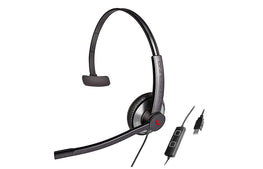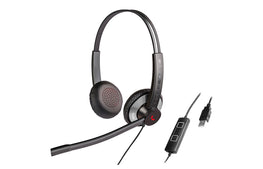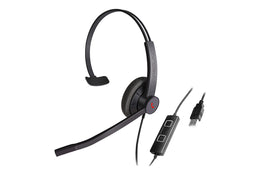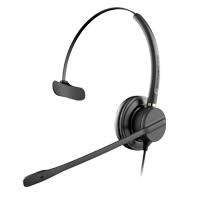
Can voice recognition help lawyers?
Perhaps the days of lawyers speaking into dictaphones and relying on their typists to do the rest are numbered.
The advent of speech recognition software is starting to make life simpler for those in the legal profession. This has certainly been the case for Billings, a law firm across the Tasman.
In the February 2014 issue of Law Talk, the New Zealand Law Society’s official publication, Billings’ General Manager Gordon Gray-Lockhart said using speech-to-text technology has been a “brilliant experience”.
He says having considered many solutions he found Dragon Legal to be the most viable product for their needs.
“For those who wanted to capture their thoughts digitally for later processing/editing, voice recognition software lets you record your ideas via voice. These can then be actioned later. And of course, it lets you use a combination of speaking and typing to produce documents if you so wish,” he said in a comment to Law Talk.
According to manufacturers of the product, users can expect up to 99 per cent accuracy with a system like Dragon Legal.
How can dictation software help lawyers?
Closer to home – in a piece published on June 9, 2015 – the Australian Lawyers Weekly is all praise for the latest version of the speech recognition system.
In fact, the publication states, with an increase in productivity you could expect to make financial gains.
“Improving your personal productivity will generate a greater profit for your firm or legal practice by maximising billable hours,” reads the article.
With the software boasting an accuracy rate of up to 99 per cent, lawyers can create a number of documents such as legal and standard letters, as well as affidavits. The Dragon system is also compatible with email.
Mr Gray-Lockhart mentioned that using typists was becoming increasingly inefficient, because the checking and editing process ended up taking too much time.
“Voice recognition software has allowed us to forgo this process entirely and control our own documents from start to finish,” he explained to Law Talk.
Since the speech-to-text software is known to work three times faster than typing, and has an extensive database of legal terms, things are likely to move around much faster in the office.
These insights come at a time when global research firm Gartner has indicated that voice recognition is an emerging technology that shows a lot of promise.






